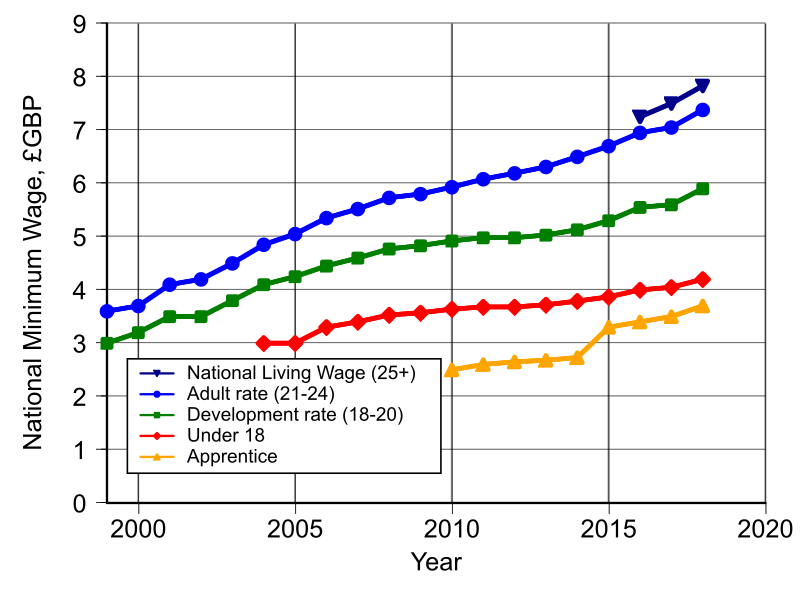Olaparib and Temozolomide Ineffective for Advanced Uterine Leiomyosarcoma

In a recent pivotal study, the combination of olaparib, a PARP inhibitor, and temozolomide failed to show superiority over standard treatments for advanced uterine leiomyosarcoma. The results of the phase 2/3 Alliance A092104 trial presented at the 2025 ASCO Annual Meeting revealed that patients receiving olaparib plus temozolomide did not achieve the expected improvement in progression-free survival (PFS) compared to those treated with pazopanib or trabectedin.
The study, which included 74 patients who had previously undergone chemotherapy, reported a median PFS of only 3.2 months for the olaparib/temozolomide group, in stark contrast to 5.5 months for the pazopanib or trabectedin group. Moreover, the overall survival rates also favored the standard treatments, with median overall survival at 19.3 months compared to 12.9 months for the alternative therapies. These findings led to the decision to close the study for futility as of October 1, 2025.
Dr. Gina Z. D’Amato, a prominent oncologist and medical director at the Sylvester Comprehensive Cancer Center, who led the study, emphasized the complexity of predicting patient responses to treatment. "We still don't have a clear understanding of which patients are responding to this therapy," she noted during an interview with OncLive. Despite initial optimism based on preclinical data suggesting synergy between olaparib and temozolomide, clinical outcomes have proven disappointing.
The trial design involved random assignment of patients to either the experimental treatment or an investigator's choice between pazopanib and trabectedin, both established therapies for managing advanced uterine leiomyosarcoma. While the combination of olaparib and temozolomide was well-tolerated with manageable safety profiles, including some gastrointestinal toxicities, the lack of efficacy has raised questions about the future role of this regimen in clinical practice.
Dr. D’Amato further elaborated on the inherent challenges in treating this rare and aggressive cancer type. "Uterine leiomyosarcomas are infrequent, and our existing data on the efficacy of pazopanib and trabectedin are not robust; therefore, we often rely on extrapolated statistics from broader studies that may not accurately reflect patient-specific outcomes."
As the oncology community processes these results, the implications for treatment strategies in uterine leiomyosarcoma are significant. This trial underscores the necessity for ongoing research to better understand molecular markers that could predict treatment responses and ultimately guide personalized therapy.
Looking ahead, the closure of this trial does not mark the end of exploration for olaparib in sarcomas. Investigators may pursue alternative strategies that could involve different patient populations or combinations with other agents. The search for effective therapies in advanced uterine leiomyosarcoma continues, as the need for improved outcomes remains critical in this challenging field of oncology. The findings from the Alliance A092104 trial will likely influence future research directions and treatment paradigms in the coming years.
Advertisement
Tags
Advertisement





